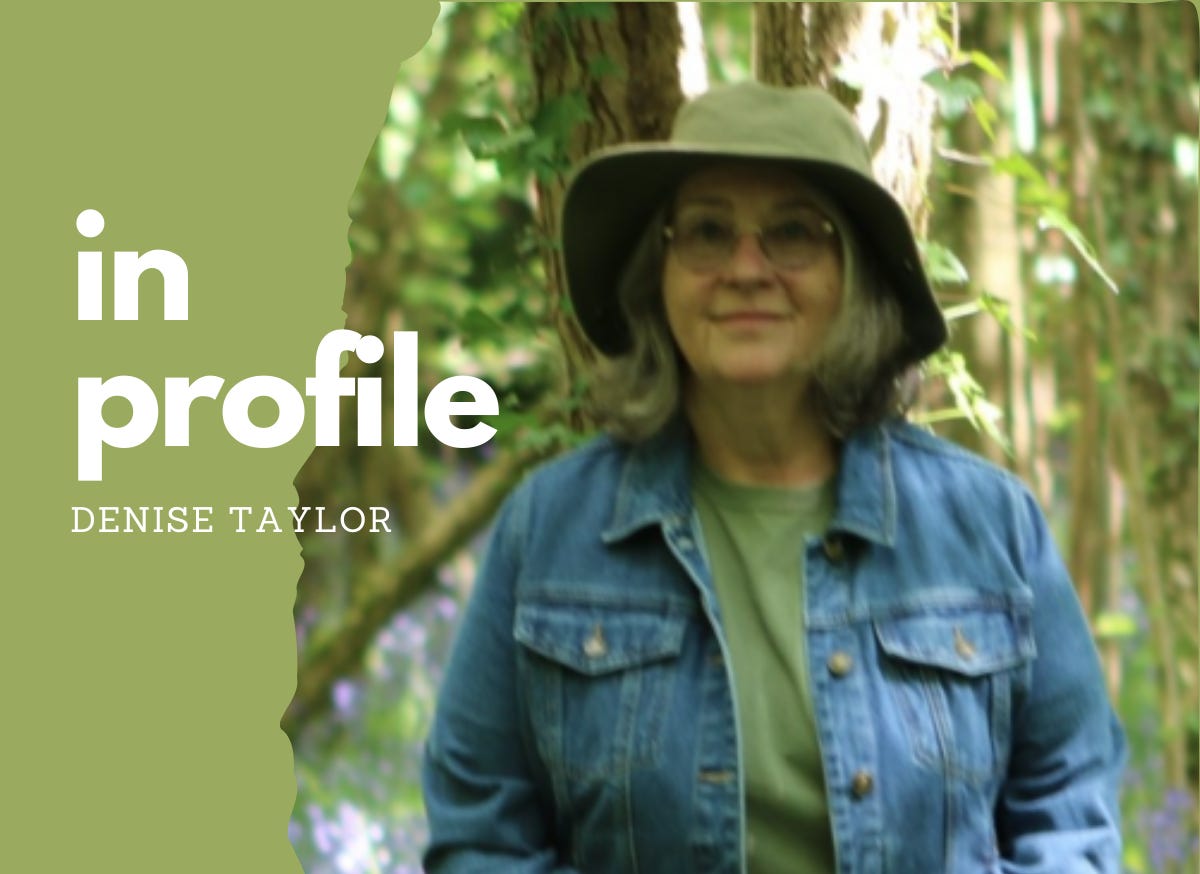There’s no way to ignore the events of last week. For many in the US, this week has brought feelings of hope and celebration. But for others — myself included — it’s been a week of grappling with shock, anger, and uncertainty.
None of what I was working on initially felt appropriate to release just now. And any new writing I started this week sounded gutted, and goodness, those kinds are best kept locked in a drawer.
What I thought I’d do instead is share a few words I’ve been reading to help me process the moment. I know not everyone reading this may feel the same weight, but for those who do, I hope these words provide some grounding.
• • •
At some point, we’re to get off the couch and move forward. And while so many off-the-cuff sentiments allude to dis-engagement and walking away from it all, a turning of our backs because we feel so dejected, Toni Morrison and Dr. Maya Angelou provide another perspective.
In her essay “No Place for Self-Pity, No Room for Fear,” written almost a decade ago, Morrison advises:
This is precisely the time when artists go to work. There is no time for despair, no place for self-pity, no need for silence, no room for fear. We speak, we write, we do language. That is how civilizations heal. I know the world is bruised and bleeding, and though it is important not to ignore its pain, it is also critical to refuse to succumb to its malevolence. Like failure, chaos contains information that can lead to knowledge — even wisdom. Like art.
Anger, of course, is one of the dominant emotions of the day. While one goal may be to “get over it” and not feel angry anymore, Angelou, in her conversation with comedian/actor Dave Chapelle, had this to say about what we can do with that emotion instead:
If you’re not angry, you’re either a stone or you’re too sick to be angry. You should be angry. You must not be bitter. Bitterness is like cancer. It eats upon the host. It doesn’t do anything to the object of its displeasure. So use that anger. You write it. You paint it. You dance it. You march it. You vote it. You do everything about it. You talk it. Never stop talking it.
• • •
It’s easy to devolve into hopelessness and cynicism; in fact, it may feel like swimming upstream to do otherwise. These words from Nick Cave and Rebecca Solnit hit the right notes for me.
Cave, in response to a father worried about passing to his young son his own cynicism and loss of faith in humanity, had this to say:
“Unlike cynicism, hopefulness is hard-earned, makes demands upon us, and can often feel like the most indefensible and lonely place on Earth. Hopefulness is not a neutral position, either. It is adversarial. It is the warrior emotion that can lay waste to cynicism. Each redemptive or loving act, as small as you like, keeps the devil down in the hole. It says the world and its inhabitants have value and are worth defending. It says the world is worth believing in. In time, we come to find that it is so.”
And in Faith, Hope and Carnage, Cave writes:
Collective grief can bring extraordinary change, a kind of conversion of the spirit, and with it a great opportunity. We can seize this opportunity, or we can squander it and let it pass us by. I hope it is the former. I feel there is a readiness for that, despite what we are led to believe.
• • •
But finding our way back to hope — and sustaining that hope — is probably the most challenging task at this hour. Rebecca Solnit, in her thoughtful work Hope In The Dark, reframes the word…:
It’s important to say what hope is not: it is not the belief that everything was, is, or will be fine. The evidence is all around us of tremendous suffering and tremendous destruction. […] It’s also not a sunny everything-is-getting-better narrative, though it may be a counter to the everything-is-getting-worse narrative.
… and helps us find a way forward:
Hope locates itself in the premise that we don’t know what will happen and that in the spaciousness of uncertainty is room to act. When you recognize uncertainty, you recognize that you may be able to influence the outcomes — you alone or you in concert with a few dozen or several million others. Hope is an embrace of the unknown and the unknowable, an alternative to the certainty of both optimists and pessimists. Optimists think it will all be fine without our involvement; pessimists take the opposite position; both excuse themselves from acting. It’s the belief that what we do matters even though how and when it may matter, who and what it may impact, are not things we can know beforehand. We may not, in fact, know them afterward either, but they matter all the same, and history is full of people whose influence was most powerful after they were gone.
• • •
Anger can fuel us; art can heal us; hope can anchor us — even if it’s fragile or uncertain.
It feels like a monumental task right now, but I’m choosing to stay with these ideas — to keep reading, talking, writing, and hoping.
It won’t fix anything, and it isn’t about that even. I’m simply looking to hold on to something — the things I stand for, what I find worth standing for — continue believing that those matter, and allow that belief to guide me forward.
What’s anchoring you these days? What’s helping you move forward?
👤 in profile
Meet Denise Taylor, who says she plans to be healthier at 80 than 60. Good plan!
You can read the rest of her profile here.
🍹 reader shout-out
Huge shout-out to WAGO reader
, who explores and writes about building a healthier relationship with work from the inside out. She also co-hosts a podcast called “Inside Job”. Do check out Nayla’s Substack publication, How We Work.💬 last word
I saw someone say she felt the same way Katniss Everdeen must have felt when she realized she was going back to the arena. Somebody else said this must be how it felt when Thanos got all the infinity stones. ❤️🩹
I’ve always thought it heartwarming when we look to fiction or art to help explain what might otherwise be indescribable. I feel lucky my work allows me a creative outlet, or I wouldn’t know what to do with all these feelings.
May the odds be ever in your favor,
Lou Blaser








Thanks for the timely and on point words and perspective. Lots to think about and process in the coming days and weeks.
Tough times breed strong people. Let’s hope that we are able to use our time constructively to make a better place for all.